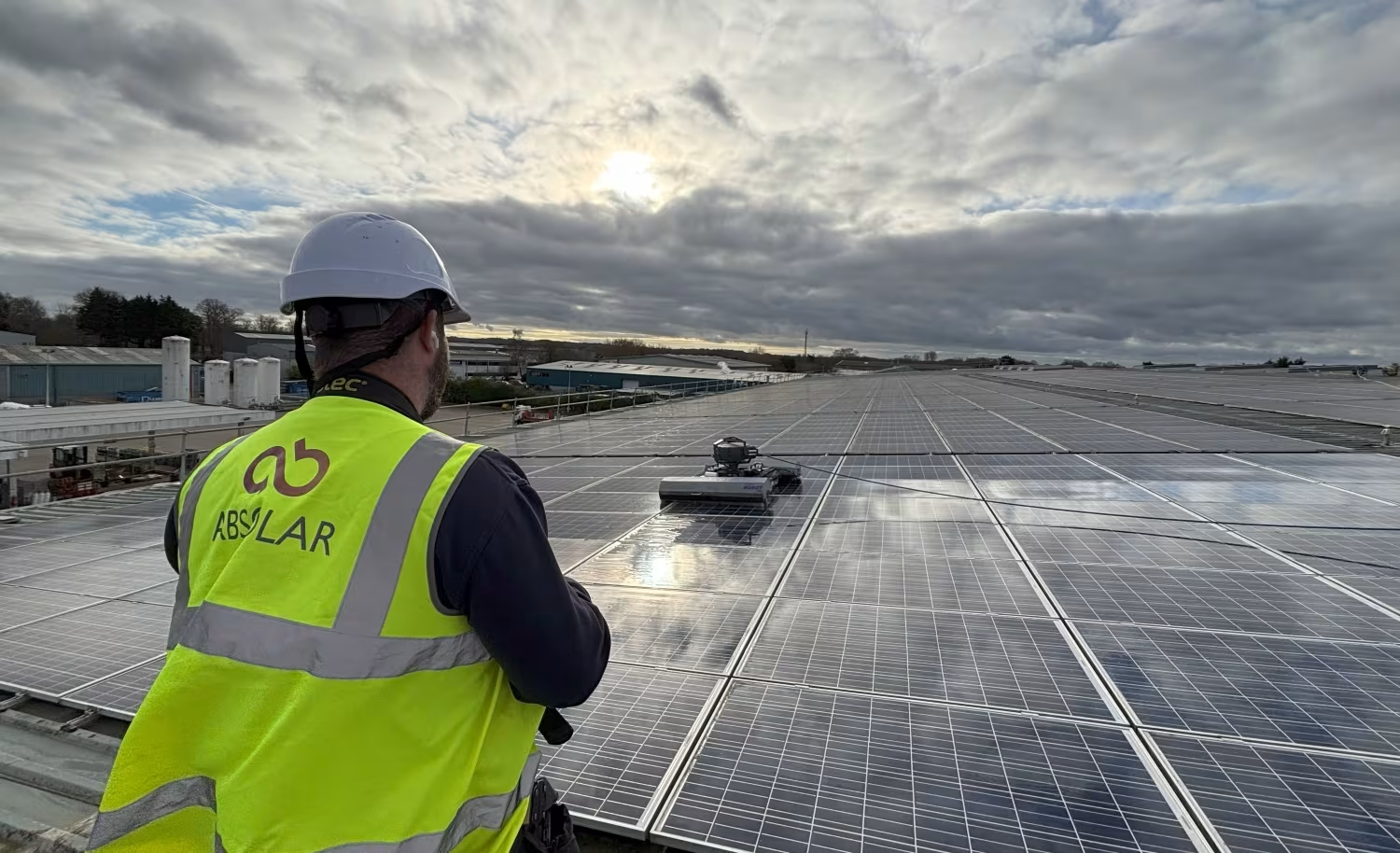


The printing industry has long been considered as energy-intensive, with continuous use of printing machinary and eqipment. It is declared in UK Publishers Association that
As readers, storytellers, creators, and educators, we have a unique role to play in the climate crisis. We have a responsibility to use our collective voice to inspire positive change, as we reduce our impact and transform our ways of working.
UK Publisher Association
In 2021, an initiative of the Publishers Association’s Sustainability Taskforce has been launched, supporting UK book and journal publishing industry to take urgent action on climate change. By 2025, over 200 leading businesses have joined the Declaration and committed to Sustainability actions.
As readers, storytellers, creators, and educators, we have a unique role to play in the climate crisis. We have a responsibility to use our collective voice to inspire positive change, as we reduce our impact and transform our ways of working.
In summer 2024, Hobbs the Printer partnered with Absolar to expand its solar energy system, marking a bold step in its long-term sustainability strategy. The latest installation adds 489 high-efficiency solar panels to their rooftop, bringing their total to 1,449 panels and boosting the site’s solar generation capacity by 280.8 kWp.
This means 25% of Hobbs' total electricity is now generated on-site, directly from their own roof. The remaining 75% is supplied by off-site renewables, making the business 100% powered by clean energy.
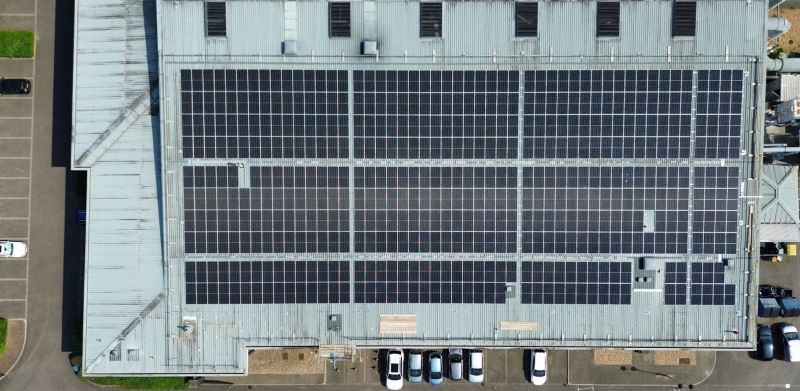
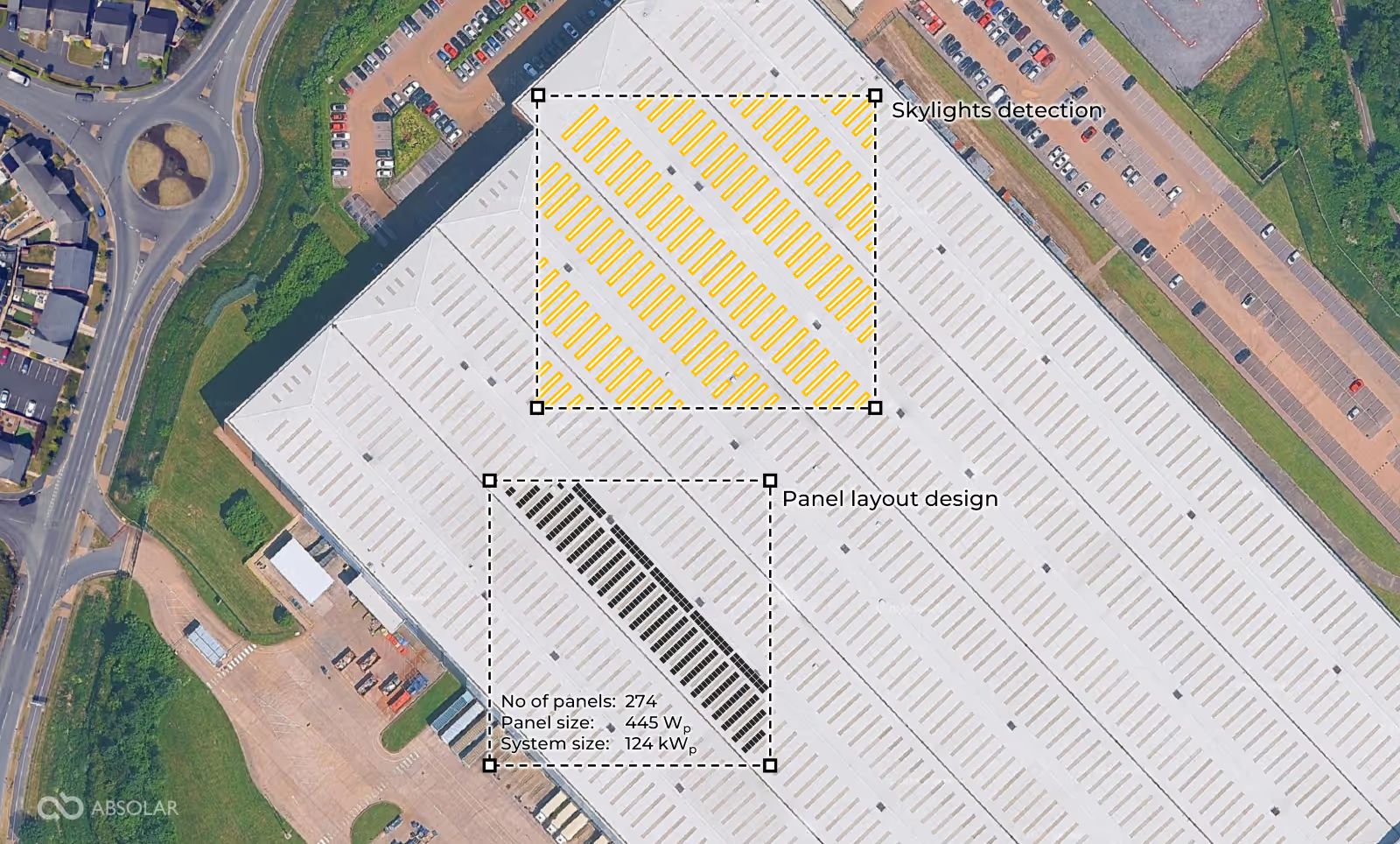
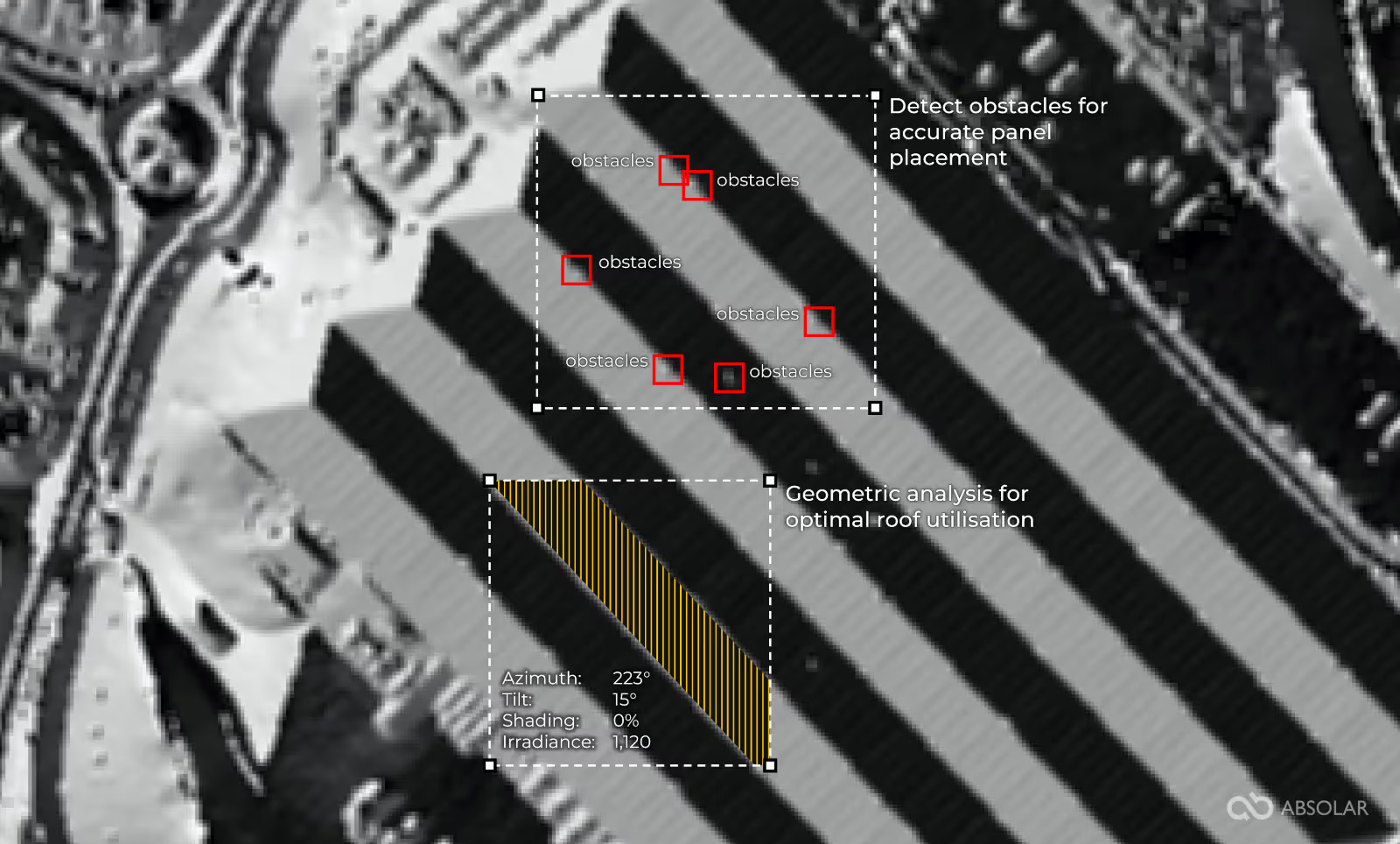





.png)




















Across the UK, Printing businesses have shown high energy usage due to continuous operations of energy-intensive machinery throughout the day. By installing solar PV systems, a large proportion of electricity consumption could be reduced, saving operational costs and carbon footprint. In the successful case study at Hobbs, Southampton, the newly installed solar array delivers over 429,000 kWh per year, enough to brew over 24 million cups of coffee, or more relevantly, keep presses rolling all year round.
Thanks to advancements in solar technology, the 489 panels installed in 2024 now produce roughly the same output as the original 960 panels installed back in 2015, proving that investing in the latest tech delivers better performance with fewer resources.
This project came shortly after Hobbs received confirmation they had achieved their SBTi Near-term emissions reduction target seven years ahead of schedule. From a 2020 baseline, the company has already cut its Scope 1 and 2 emissions by 62%, far exceeding the 42% reduction target set for 2030.
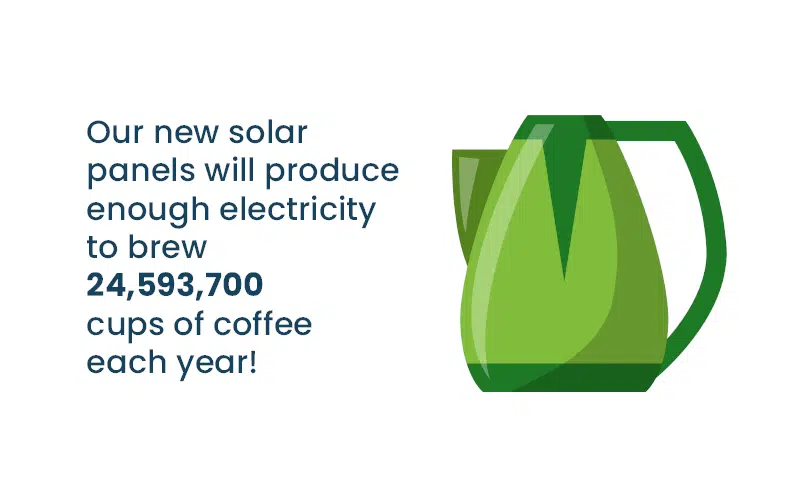

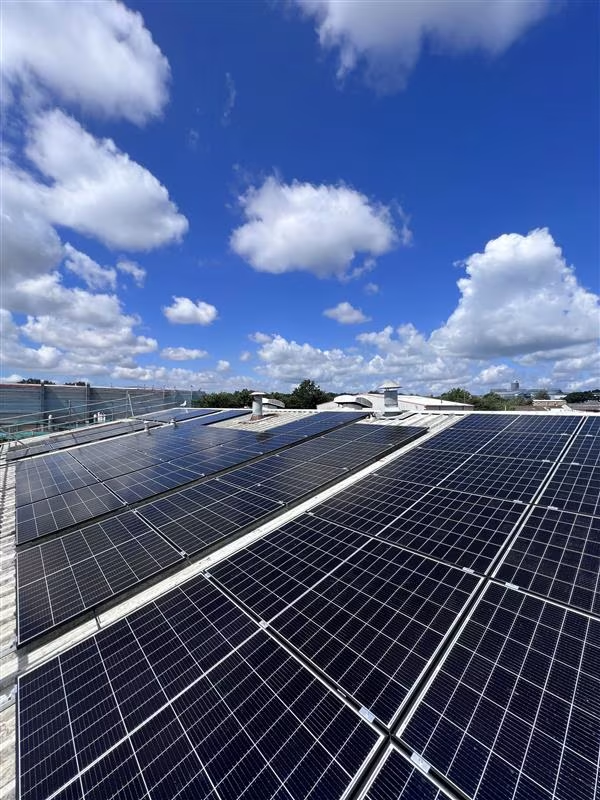

Solar panel systems help printing companies reduce energy bills, improve ESG targets, and generate additional revenue from energy trading. Although the capital costs vary by system sizes, many printing businesses have achieved a payback period within 5 years, through energy savings and other incentives. Here are 5 key benefits from investing in solar panels for UK publishers.
Printing companies have large rooftop areas, able to receive sufficient irradiance for solar panels to generate electricity. By installing rooftop solar panels, businesses can drastically reduce their electricity consumption from the grid and lower monthly energy bills. For printing companies in the UK, you can request a free solar survey here.
Using representative market values in 2025, a typical solar project for a printing business delivers >30% Internal Rate of Return (IRR), equivalent to an average payback period of less than 4 years. With a lifespan of 30+ years, solar offers long-term energy price stability and strong financial performance for UK publishers.
Solar panel investments on commercial properties are considered a capital improvement that can significantly enhance the value of the property. With access to asset-based finance through Absolar's Finance Partners, business owners can unlock renewable energy solutions without upfront capital, helping to maintain healthy cashflow while upgrading the business' sustainability credentials.
When your solar system generates more power than you consumes, Absolar enables you to export the excess electricity back to the grid. By selling surplus energy to certified suppliers, you create a new income stream while supporting the UK's transition to cleaner energy.
More businesses in the UK are taking leadership roles in climate action. Installing commercial solar panels is one of the most effective ways to cut carbon emissions, improve energy security, and demonstrate your commitment to sustainability. Commercial solar helps your organisation meet ESG targets and progress towards Net Zero.
At Absolar, engineering is at the heart of everything we do. Our commitment to quality starts with rigorous site analysis and design, ensuring every solar installation is tailored for optimal performance and longevity. We don't cut corners; we design systems to last, using proven technologies and components that meet the highest industry standards. Every detail, from panel placement to cable routing, is carefully considered to ensure safety, durability, and efficiency.
For any commercial solar project in the UK, our in-house engineering team brings together decades of experience across electrical, structural, and renewable energy disciplines. This expertise allows us to anticipate and solve challenges before they become problems, giving our clients complete confidence throughout the project lifecycle. From feasibility studies to final commissioning, we operate with a no-nonsense mentality - clear communication, sound decisions, and no surprises.
We believe that true engineering excellence lies not just in technical skill, but in accountability. That’s why we stand behind our work, with robust quality assurance processes, performance monitoring, and post-installation support.



The solar PV system has been a significant investment for us as a business but one that we hope represents our commitment to the future and to sustainable business practices. We might be over 100 years old but we’re not standing still, we’re always looking to the future, adapting and evolving to meet the changing needs of our customers.
Matt Sheen, CEO at Draper Tools


I had the privilege of unveiling Draper Tools' ambitious 900+ solar panel installation at their North Baddesley site this week. This is already generating 73% of the facility’s power needs and is set to prevent over 100 tonnes of carbon emissions per year.
Delivered by local solar specialists Absolar, this project sets a strong example of how businesses can lead the way in sustainability while also securing long-term energy savings.
Caroline Nokes, MP


An exceptional service from start to finish. Planning, preparation and installation of our 489 PV panels was completed with clear and detailed communication and there was no interference to day-to-day operations. Highly recommended.
Chris Hobbs, Business Development Director at Hobbs the Printer
.jpg)

From the very first meeting, I was won over and every touch point since has just reinforced my view of Absolar. They are brilliant and at what they do - and infectiously passionate about it. The initial proposal was logically laid out, compelling and contained all the financial justification elements a business would need (this made a potentially subjective decision highly objective). Having had our system for 3 years, we have experienced amazing ongoing collaboration and support. I could not be happier with our PV system and the support we get from Absolar… just awesome...
Dr Stephen Rowe, Managing Director at DEKRA UK

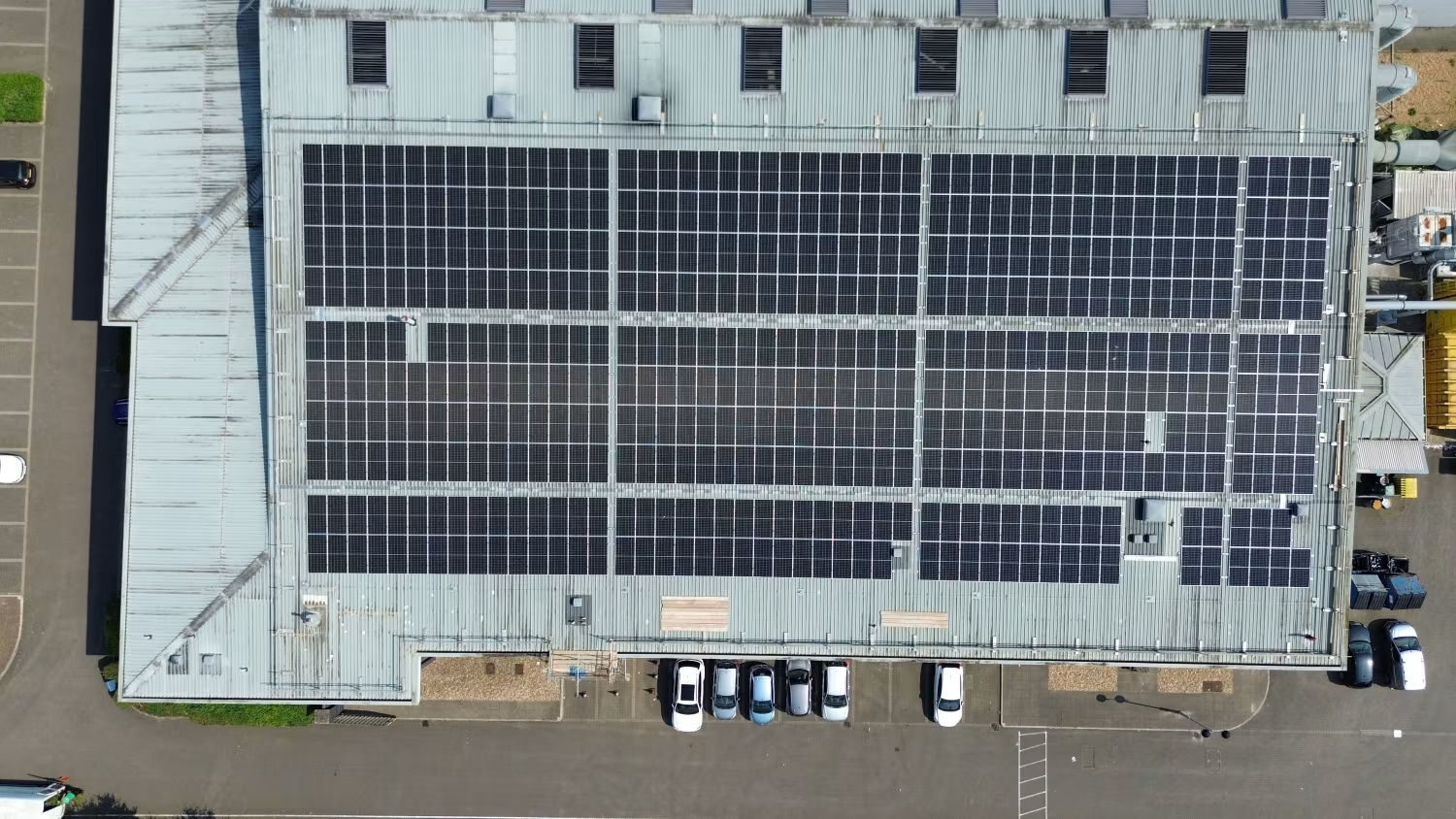
Printing | Commercial
Located in Totton, Southampton, Hobbs specialises in commercial lithographic print and digital services. With commitment to sustainability, the building was installed with 960 solar PV panels in 2015; and in this project, a new section of solar panels are added to the other side of the roof.
...

Our latest whitepaper is designed to help businesses and commercial landlords navigate the opportunities and challenges of solar energy adoption. This in-depth guide explores the key steps to developing successful commercial solar projects, whether you own a single property or manage a diverse portfolio. Drawing on our real-world experience, the whitepaper covers everything from assessing rooftop suitability to understanding performance guarantees and compliance requirements.
Crucially, it also breaks down the latest financing options available, including power purchase agreements (PPAs), capital investment models, and landlord-tenant cost-sharing strategies. For commercial landlords, we offer practical guidance on how to structure solar projects that align with lease terms and add long-term value to your properties. Whether you're looking to reduce operational costs, meet ESG targets, or attract sustainability-minded tenants, this whitepaper is your essential roadmap to making solar work for your business.









